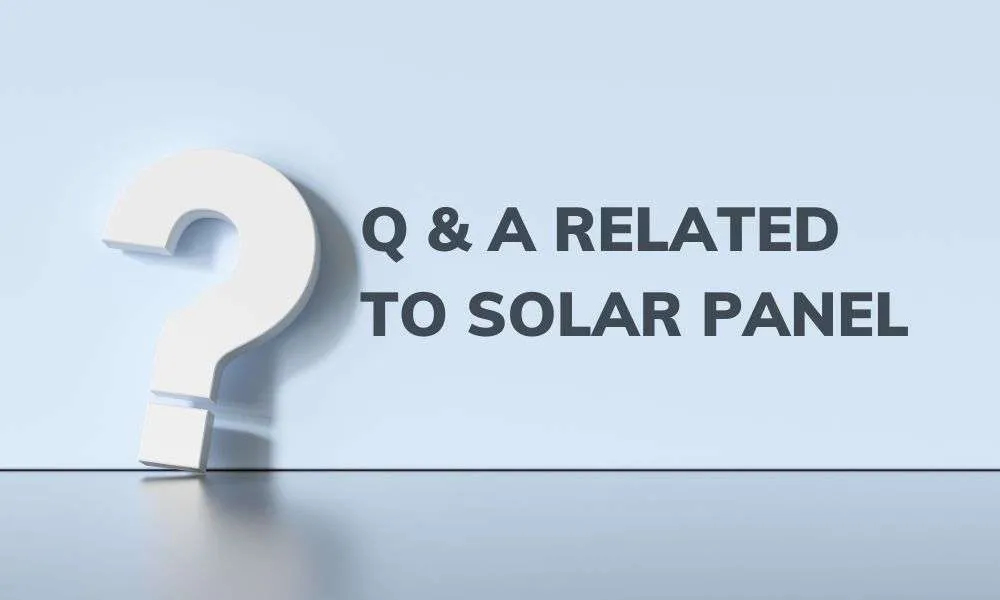FAQ Frequently Asked Questions
We tried to cover a few frequently asked questions about the solar panel installation. Here is the answer you were seeking.
1. How to decide if my solar panels are of better quality?
Frequently Asked Questions and aswer is The most prominent part about buying a solar panel is choosing the right one. We have to make sure we are investing in the right type of solar panel with the best efficiency available. It should also meet your requirements and your budget. The most clever way is to approach a CEC (Clean Energy Council) accredited solar who will help and assist you in your solar journey.
Why go for CEC-approved installers? Well, CEC certifies installers based on the quality of their product and makes them undergo a series of criteria to fulfil, thus making the installers more reliable with better quality products. Also, make sure to ask your solar panel installer about the ideal conditions and the temperature coefficient of the panels.
2. Which type of solar panel is suitable for my house? Frequently Asked Questions
In Solar Panels, you have three different varieties to choose from. Each of them has different properties and is distinct from one another. They come in their pros and cons. Read more elaborately about the types of solar panels and how efficiency affects each panel type.
To answer it sweetly and shortly for Frequently Asked Questions, we have monocrystalline, polycrystalline and thin-film solar panels. Each of the panels serves a purpose, from efficiency to budget-friendly. The first two are more prominently found in homes due to their efficiency.
Some even opt for the thin film if the roof quality is inferior and cannot withstand heavy weight on them. Monocrystalline panels are expensive but efficient. Polycrystalline panels are less expensive, but you should also compromise on the efficiency of the panels. Each of the panels is built to suit your requirements, and it is always best to consult an expert installer.
3. What is the benefit of installing an inverter with a solar panel? Is it required? Frequently Asked Questions
Inverters are devices that are useful in the conversion of Direct Current from the panels to Alternating Current, which can be further used to run our appliances. The sunlight that falls on the solar panels is converted to DC or Direct Current. This cannot be used by our appliances. Thus, inverted does the work and convert it to usable electricity. We also infer that inverters are the second most important thing after solar panels in the solar panel installation process.
There are also different types of inverters to choose from based on your demands. Inverters have multi-functionality when it comes to solar energy. We can also use it to track power generation using the inverter. Even a basic inverter comes with an LCD (Liquid Crystal Display) screen, through which you can monitor the amount of energy generated.
4. How much can you save when using Solar? Is it worth it? Frequently Asked Questions
Well, if it wasn’t worth it, not many would have installed solar panel systems. It’s the opposite! Solar energy after being installed can become self-sufficient in less than 5-6 years and then help you in regulating the energy supply. In the long run, it could even help you loosen your reliance on the grid.
There are many happy customers to account for the deductions in their energy consumption and reduce the electricity bill to almost half or even more. Solar is a one-time investment with better returns, and why wouldn’t you want to secure your life with solar? So many Frequently Asked Questions, why depend on your electricity providers when you can generate your zero-carbon emission energy from solar!
With modern technology and scientific advances, better panels, inverters and batteries are coming up with good efficiency and performance questioning the previous ones. With governments’ indulgence in the solar industry, solar system installation can not get any more exciting!
To learn more and Frequently Asked Questions, Contact Us.
To learn more and find answers to your questions






